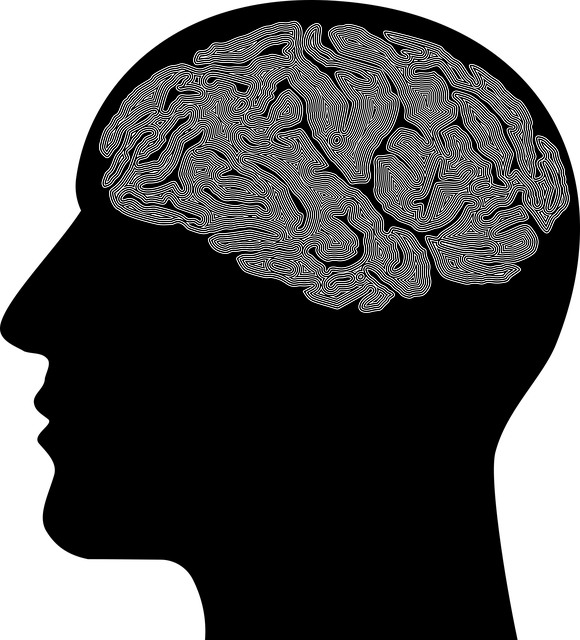Littleton Veterans Therapy (LVT) offers leading Crisis Intervention Team (CIT) training, addressing unique mental health challenges faced by first responders with specialized programs rooted in military experiences. Their collaborative approach combines theoretical learning with practical exercises, role-playing and debriefing to build resilience, enhance communication, reduce stigma, prevent burnout, and improve emotional intelligence. Key components include risk assessment guidance and mental wellness journaling for self-care, ultimately saving lives and improving community mental health through effective crisis intervention.
In today’s challenging social landscape, crisis intervention teams (CITs) are more crucial than ever. These specialized groups play a vital role in providing immediate support during crises, preventing escalations, and fostering recovery. This article explores the significance of CIT training, focusing on the expertise of Littleton Veterans Therapy, a leading force in equipping communities with effective tools to navigate mental health emergencies. We’ll delve into key components of successful training programs and their transformative impact on crisis response.
- Understanding Crisis Intervention Teams: A Vital Resource for Community Support
- The Role of Littleton Veterans Therapy in Training and Specialization
- Effective Training Programs: Components and Benefits for Enhancing Crisis Response
Understanding Crisis Intervention Teams: A Vital Resource for Community Support

Crisis Intervention Teams (CITs) represent a vital resource for community support, particularly when addressing mental health crises. These specialized teams, often composed of trained professionals from various disciplines, are designed to provide immediate and effective assistance to individuals experiencing severe emotional distress or suicidal ideation. At Littleton Veterans Therapy, our commitment to Mental Health Policy Analysis and Advocacy guides our approach to CIT training, ensuring that team members not only gain practical skills but also develop a deep understanding of the broader mental health landscape.
Through comprehensive programs, we equip participants with essential tools such as Emotional Intelligence and Empathy Building Strategies. These strategies are crucial in de-escalating high-stress situations while fostering meaningful connections between team members and those in crisis. By prioritizing emotional awareness and empathy, our training programs empower CITs to offer compassionate support, ultimately enhancing their ability to navigate complex crises effectively.
The Role of Littleton Veterans Therapy in Training and Specialization

Littleton Veterans Therapy stands out as a pioneering force in crisis intervention team (CIT) training, offering specialized programs tailored to meet the unique challenges faced by first responders and communities grappling with mental health crises. Their expertise lies in equipping individuals with the tools to handle high-stress situations effectively, focusing on both burnout prevention and depression prevention. Through comprehensive CIT training, participants gain invaluable coping skills development, enabling them to respond to emotional distress and psychotic episodes with compassion and competence.
The therapy center’s approach is rooted in a deep understanding of military and veteran experiences, translating into effective strategies for de-escalation and crisis resolution. By fostering a collaborative environment, Littleton Veterans Therapy empowers team members to build resilience, enhance communication, and improve overall community mental health. Their specialized training programs have been instrumental in reducing the stigma associated with seeking help, encouraging proactive coping mechanisms, and ultimately saving lives.
Effective Training Programs: Components and Benefits for Enhancing Crisis Response

Effective training programs for crisis intervention teams are designed to equip mental health professionals with the necessary skills and knowledge to handle critical situations with agility and compassion. These programs encompass a multi-faceted approach, integrating theoretical knowledge with practical exercises, role-playing scenarios, and debriefing sessions. The goal is to foster resilience building among team members, ensuring they can provide prompt and effective interventions when facing mental health crises.
Key components include comprehensive guidance on risk assessment for mental health professionals, allowing them to identify warning signs early and devise appropriate strategies. Incorporating mental wellness journaling exercises promotes self-care and reflection among team members, preventing burnout and enhancing their overall emotional intelligence. By combining these elements, training programs like those offered by Littleton Veterans Therapy empower teams to navigate challenging situations with enhanced communication, empathy, and problem-solving skills, ultimately improving the quality of care provided during crises.
Crisis intervention team (CIT) training programs, like those offered by Littleton Veterans Therapy, are invaluable resources for enhancing community support. By equipping individuals with specialized skills and knowledge, these programs empower communities to effectively respond to crises. The components of effective CIT training, as highlighted in this article, include evidence-based practices, realistic scenario drills, and continuous evaluation. Such programs not only strengthen the capacity of crisis responders but also foster a more resilient and supportive community overall.














